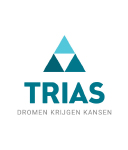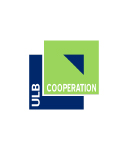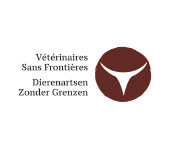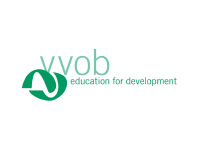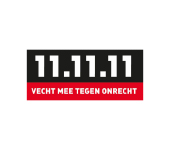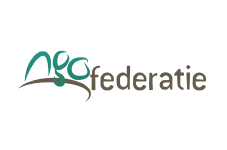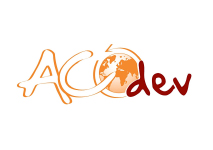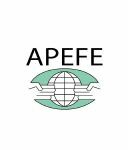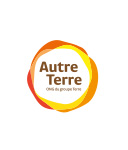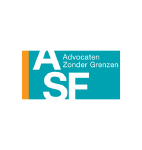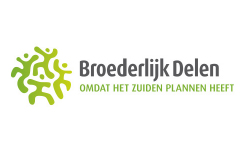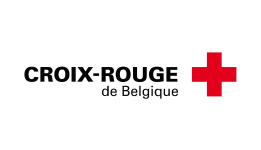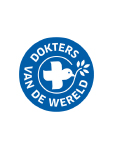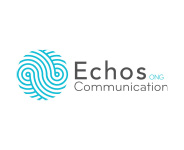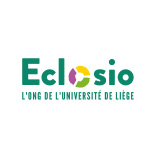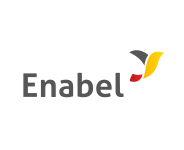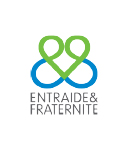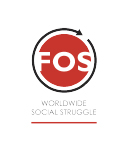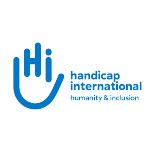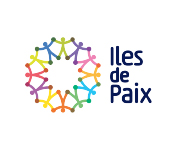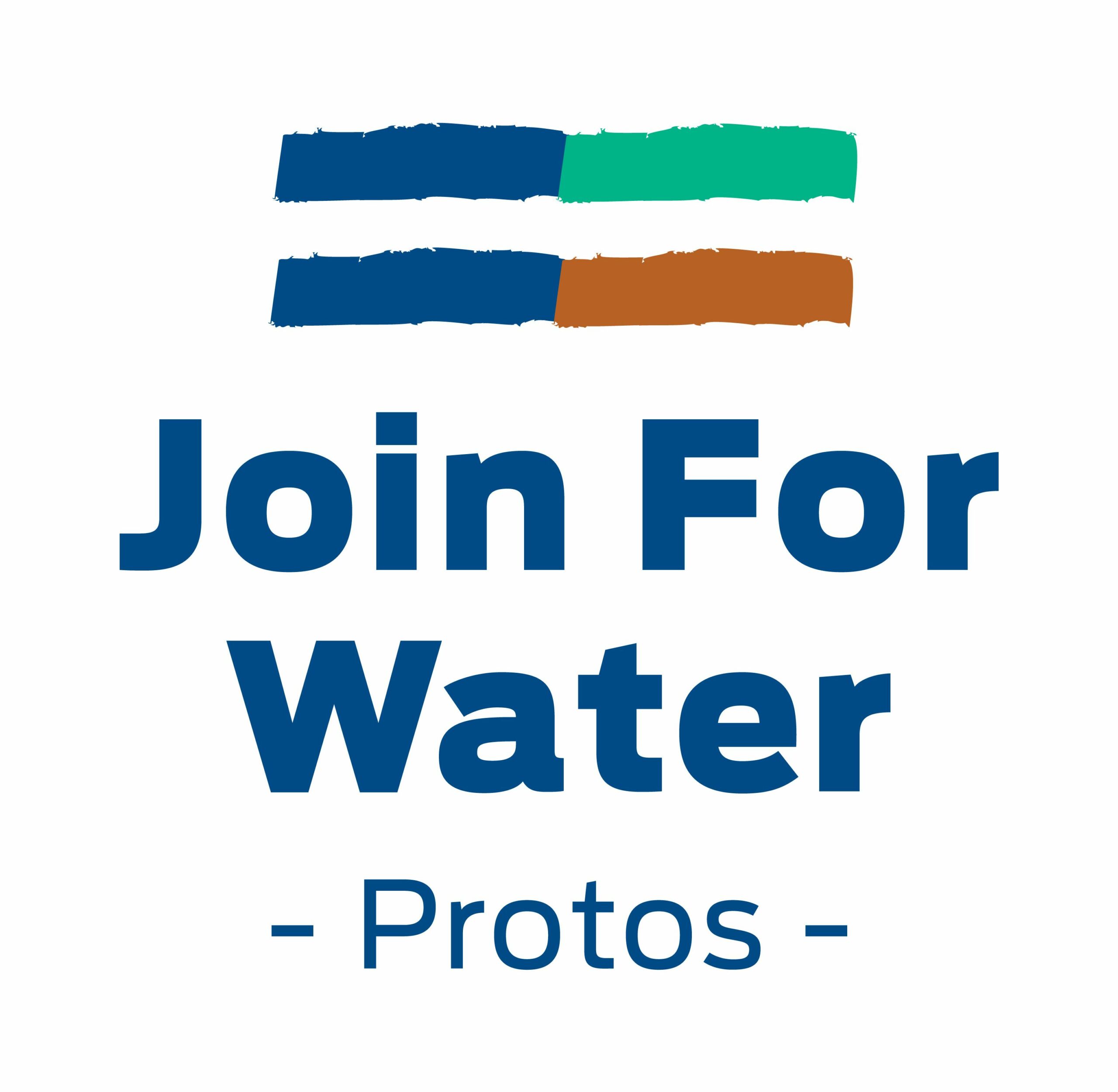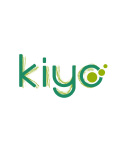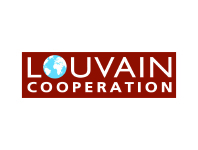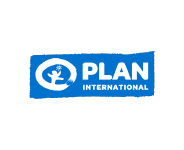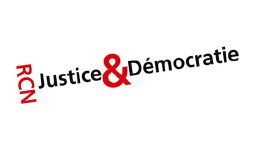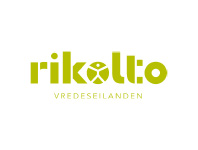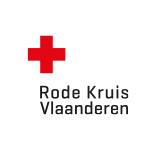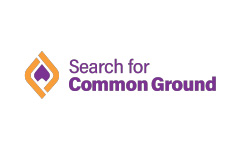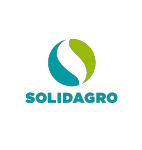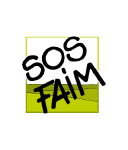Is your non-governmental organisation (NGO) interested in becoming a partner of the Junior Programme? It’s very simple.
Submit an affiliation request and benefit from the skills of a Junior Expert in your project. Please note, however, that your application for affiliation must be validated before you apply for a Junior Expert position.
How to affiliate your NGO?
Any non-governmental organisation (NGO) that is recognised as an official partner of the Junior Programme can apply for the services of a Junior Expert (JE) within its project.
To become a partner, the NGO must fully adhere with the following membership criteria:
- Be approved by the Belgian State in accordance with Article 26 of the Law of 19 March 2013 on Development Cooperation;
- Manage one or more projects in at least one of the 14 partner countries of the Belgian governmental cooperation where the Junior Experts will be assigned. The partner countries are Benin, Burundi, Burkina Faso, the Democratic Republic of Congo, Guinea, Mali, Morocco, Mozambique, Niger, Palestine, Rwanda, Senegal, Tanzania and Uganda. Please note, however, that the Junior Programme may not currently send European Junior Experts to Burkina Faso, Mali and Niger for security reasons;
- Ensure that your project addresses the sectoral and thematic focus areas referred to in Articles 11 and 19 of Law on Development Cooperation;
- Have expatriate or national staff under work contract in one of the partner countries of the Belgian cooperation. The Junior Programme requires that the person, who will fulfil the role of supervisor (N+1) of the EJ, has an employment contract with the NGO;
- Agree the 2 agreements (the one between Enabel and the NGO and a tripartite agreement between Enabel, the NGO and the JE)
If the applicant organisation meets all the above criteria, the NGO sends an e-mail to the attention of Mrs. Katrien GIELIS, Junior Programme Manager (juniorprogramme@enabel.be) explaining the motivation for its application.
The application will then be analysed by a steering committee consisting of representatives of Enabel, the Junior Programme, the DGD and the Belgian NGO federations (Acodev, ngo-federatie and Fiabel).
What’s new en how do you get a Junior Expert into your project?
Only the partner organisation (= NGO already affiliated to the Junior Programme) or any project implemented by Enabel can can apply for the expertise of a young expert in its project.
For the period 2023-2027, the Junior Programme is becoming more inclusive by gradually opening up to two new target groups: young national talents and young people in technical and vocational training.
Our partners can as from now on host 3 kinds of Junior Experts:
-
- A Junior Expert with the European nationality and holder of a professional BAC or academic Master’s degree;
- An national Junior Expert living in one of the 14 partner countries of Enabel. He.she will have an employment contract signed with the partner country (contract without any expatriation benefits). The nationality of the country where the vacancy will be published, is decisive. For example, a vacancy for a national Junior Expert in Benin needs to be filled by a Beninese. This is the main difference with Junior Experts of European nationality.
For both European and national Junior Experts, please note that:
- There will be 6 recruitment procedures throughout the 2023-2027 programme;
- The “experience requirements” should not exceed 6 months, as the objective is to recruit young talent;
- The duration of the contract will be for a minimum of one year and for a maximum of 2 years (classical route);
- “Pairing“ will be encouraged. This novelty can be explained by the will to have duo’s (if possible) between a European Junior and a national Junior. The objective is to seek sharing of skills and mutual enrichment between the two young talents. A pilot phase took place in Rwanda and Palestine (two duo’s per country). Uganda will be the next partner country.
- Currently, for security reasons, we are not allowed to send out young European experts to Burkina Faso, Mali and Niger. In this case, the projects might host young national experts without having to form a duo.
- The Junior Programme is aware of other limitations such as insufficient work to host 2 young talents in some projects. Duo’s are encouraged whenever possible but are not mandatory. The idea is the gradual opening up of “working in pairs” and that the projects in different countries can make use of national Junior Experts. The objective by the end of the Programme (in 2027) is to reach the recruitment of 50% national and 50% European JE.
- A Junior Expert with a technical and vocational education background.
Please keep in mind:
- This route is more specific, and some legal changes are required before recruiting the first more technically skilled juniors. The two main changes concern the level of the diploma and the contract duration;
- The appropriate education level and contract duration will be defined by the partner itself. We envisage opportunities shorter than one year duration because we anticipate difficulties in attracting technical profiles such as a mechanic, an electrician, a butcher, etc. for a long period. But if your project wants to host them for a longer period (up to a maximum of two years), this is still possible;
- The objective is to attract 5 JEs with technical and vocational training background within the overall duration of the Programme. The volume could be higher depending on the results of future pilot projects;
- It is important to understand that the positions for Juniors with technical and vocational training can be opened to both national and European Junior Experts, and also in pairs.
During the duration of the Programme, a total of 110 Junior Experts will be sent out. In other words, the volume is limited to 25-30 assignments per year (i.e. annually 2 calls for about 15 vacancies each).
Please keep in mind that the departure of the recruited Junior Expert(s) will take place at best 7-8 months after the application.
An application does not always automatically mean a supply: the submission of a request for a JE position does not guarantee that the Junior Programme will actually be able to assign a Junior Expert to the job opening for the following two reasons:
- The Junior Programme receives many applications and cannot respond positively to all of them. Preference is therefore given to the most qualitative requests and positions. This does not prevent you from re-submitting an unsuccessful application during the next call (a reworked version based on the feedback shared by the Project Officer).
- It may also be that we have no successful candidate at the end of the selection process. In this case, and if conditions allow it, the position will be published a second time, 6 months later (during the next publication of the Junior Expert positions).
Calendar of call periods for submitting your positions
The call/application period for Junior Expert positions is opened twice a year, in principle in January and in May. Each time, for a period of about one month.
Before you start writing your request, please read carefully the Frequently Asked Questions about European Junior Expert positions. The document below contains a lot of useful information and advice such as benefits, costs, responsibilities, the application process and the analysis of JE positions. Similar document about National Junior Experts will be soon available.

